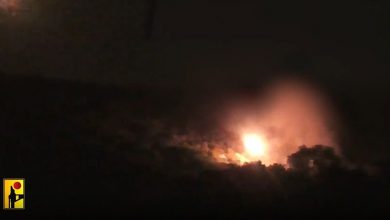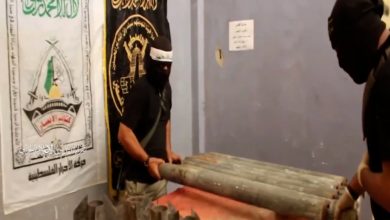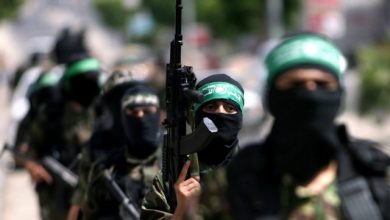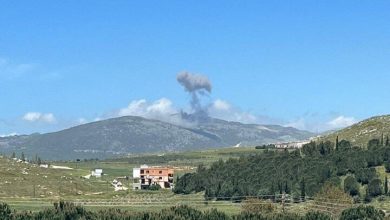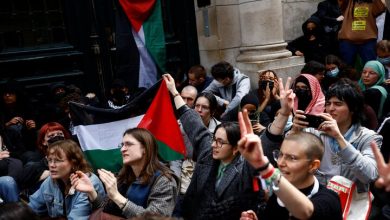Iran rejects nuclear activities against interaction with IAEA: Nuclear chief
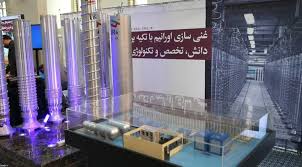
Iran’s nuclear chief says the Islamic Republic will not settle for any kind of nuclear activity that undermines the interaction between Tehran and the International Atomic Energy Agency (IAEA).
Mohammad Eslami, head of the Atomic Energy Organization of Iran (AEOI), made the statement in a press briefing on the sidelines of the Iranian administration’s weekly cabinet meeting on Wednesday.
Pointing to IAEA Director General Rafael Grossi’s claims about ambiguities in Iran’s nuclear program, Eslami said the reports submitted by the UN nuclear agency chief to the Board of Governors or the UN Security Council have two parts, with the first one pertaining to the Joint Comprehensive Plan of Action (JCPOA) and the second one to safeguards and the Non-Proliferation Treaty (NPT).
Highlighting good relations between Iran and the IAEA in the field of safeguards and the NPT, Eslami said, “In this area, the installation of the International Atomic Energy Agency’s cameras and their constant monitoring is underway, and their knowledge about our measures is always up-to-date.”
Iran’s nuclear chief said there are 120 accredited inspectors of the IAEA for the country’s nuclear program, some of whom are stationed in Iran while the others visit the country’s nuclear facilities on a regular or unannounced basis.
“The IAEA submits a report about Iran’s nuclear activities to the Board of Governors every three months and to the UN Security Council every six months, and the issue of compliance or non-compliance of Iran’s nuclear activities with the JCPOA is the main focus of the report,” Eslami said.
“The Islamic Republic of Iran rejects any nuclear activity that impairs the interaction between Iran and the International Atomic Energy Agency,” he added.
Underlining that the Islamic Republic is committed to the 2020 strategic law concerning the JCPOA, the head of the AEOI said if the other side fails to fulfill its obligations, Iran will follow suit and, “If they fulfill their commitments, the Islamic Republic will also live up to its end of the bargain in the JCPOA regarding the clauses on certain restrictions.”
The law, dubbed the Strategic Action Plan to Counter Sanctions, was adopted by Iranian lawmakers in December 2020 to counter sanctions imposed on Iran by the United States and its Western allies, and to promote the country’s peaceful nuclear program.
Under the parliament’s law, the Iranian administration is required to restrict the IAEA’s inspections and accelerate the development of the country’s nuclear program beyond the limits set under the JCPOA.
Meanwhile, Eslami pointed to the presence of IAEA inspectors in Iran and the good interaction between Tehran and the Agency, adding that Grossi will visit the country in the future.
Iran and the IAEA are in a dispute triggered by the agency’s Israeli-influenced accusations, which were leveled against Tehran’s peaceful nuclear activities. The UN atomic agency insisted on investigating what it claims to be “uranium traces” found at “undeclared nuclear sites” in Iran.
The row turned into a sticking point in the talks aimed at reviving the US-abandoned nuclear agreement, known as the JCPOA.
In 2019, Iran started to roll back the limits it had accepted under the landmark nuclear deal with world powers that had been signed in 2015. The decision came a year after the US withdrew from the agreement and re-imposed sanctions on Tehran.

